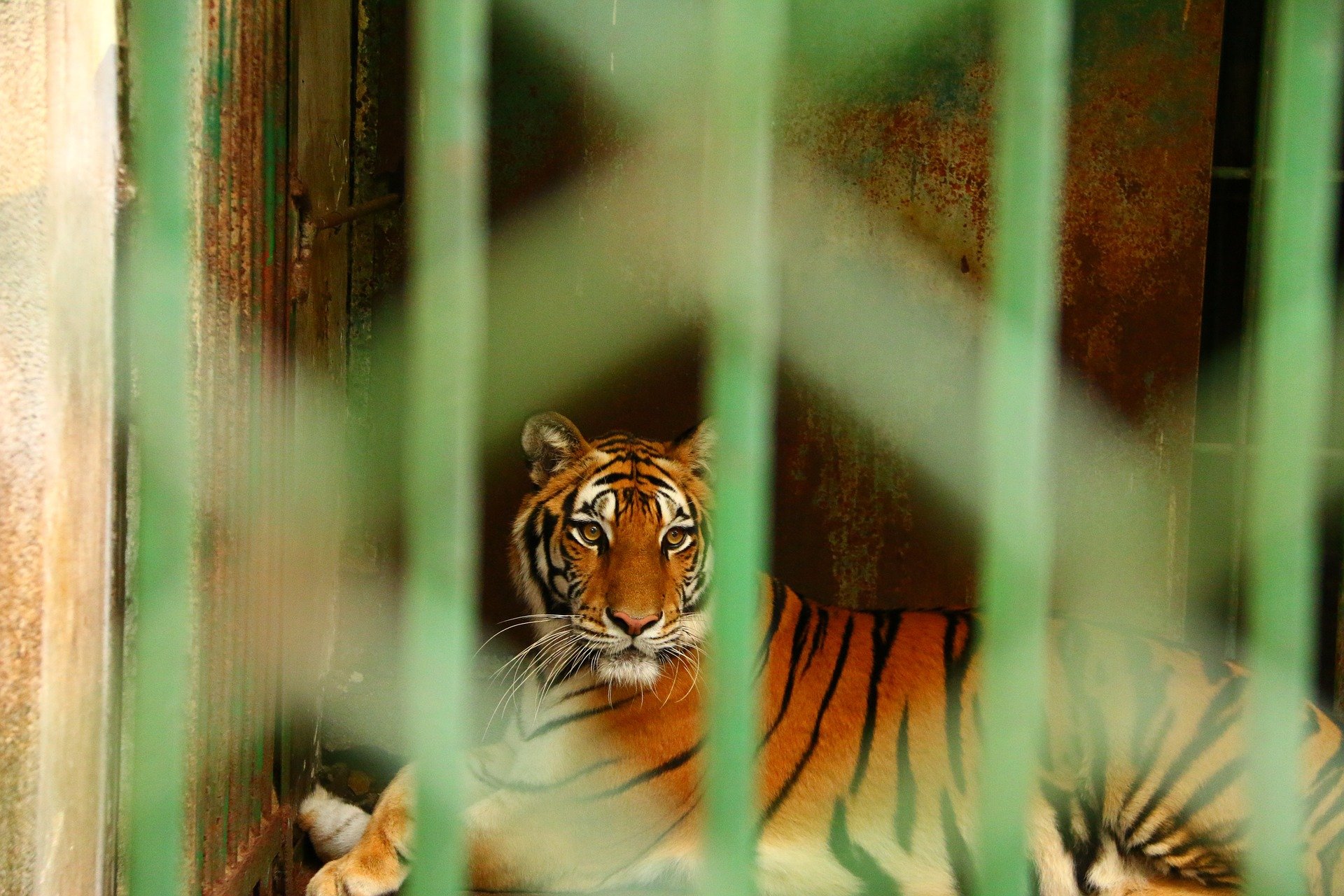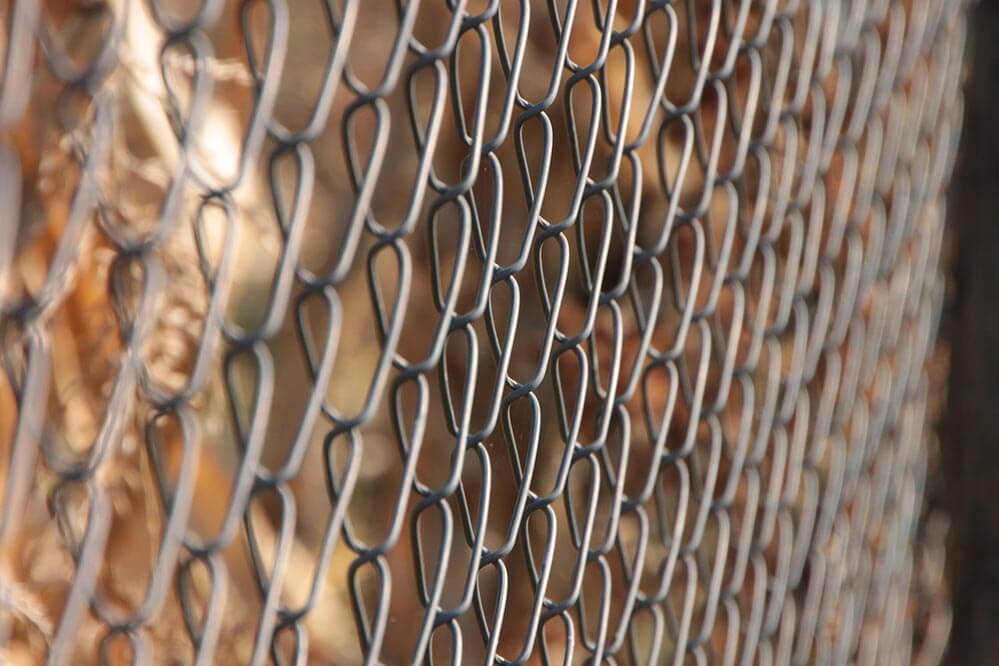Take Action to Help Animals in Roadside Zoos
In shabby roadside zoos across the country and at countless other tourist traps around the world, animals are suffering.
Animals held prisoner in pseudo-sanctuaries, traveling shows, and roadside displays are forced to spend their lives behind bars to entertain the public. They endure relentless frustration, neglect, and sometimes even abuse from the people who are supposed to be caring for them. This stress causes many of them to rock, sway, or pace endlessly. Some even resort to hurting themselves by chewing on their own body parts or pulling out their fur or feathers.
Together, we can make a difference for animals in roadside zoos. Keep reading to learn more, or click on the button below to start taking action.

Here in the U.S., many unaccredited zoos and roadside menageries have long histories of harming animals or otherwise violating the federal Animal Welfare Act. Bears, big cats, and others in these tourist traps face many hardships: They’re often denied proper veterinary care, clean and safe enclosures, and even adequate shelter from the wind and extreme temperatures. Some roadside zoos confine bears to cruel, antiquated concrete pits, where they have virtually nothing to do but beg for scraps of food from tourists. SeaQuest Aquariums, a chain of shopping mall petting zoos, has an alarming history that includes hundreds of animal deaths, legal violations, injuries to the public, and allegations of serious animal neglect.
Overseas, where regulations protecting captive animals are sometimes even more lax (or completely nonexistent), things are similarly grim. Located on the top floors of a Bangkok, Thailand, department store is the Pata Zoo, where a gorilla named Bua Noi has been all alone since 1983, kept inside a dark and dingy cage with little opportunity for psychological stimulation or physical exercise. In China, at a facility dubbed “the saddest zoo in the world,” 500 species—including five walrus calves, six young beluga whales, and two Arctic wolves—are kept in cramped, barren enclosures inside a shopping mall.
Below, you can take action to help these and other animals in roadside zoos.

Hoping to capitalize on the kind intentions of guests, many of these shoddy facilities use buzzwords like “sanctuary” or “rescue” in their names to mislead consumers about the quality of care that animals receive. Sadly, these outfits are nothing more than breeders, dealers, and exhibitors exploiting the public’s goodwill and generosity.
The fundamental purpose of any legitimate animal sanctuary is to provide animals with safe, comfortable living conditions that give them as natural an existence as captivity allows. If you’re wondering about a particular facility, remember these important points:
- No legitimate animal sanctuary breeds or sells animals.
-
No reputable exotic-animal sanctuary allows hands-on photo ops or encourages any other direct contact between animals and guests—in fact, such interactions with big cats are now illegal.
- Animals should never be taken on the road for public display.
If you want to help animals daily, there are tons of ways to get involved. Follow PETA on Facebook, Twitter, Instagram, and YouTube to stay up to date on our latest campaigns. Subscribe to PETA News to get weekly updates on our efforts. And be sure to complete the PETA action alerts below—they all allow you to help animals held captive in roadside zoos.
—Take Action for Animals—
There are multiple opportunities to help. As soon as you complete one action alert below, another will automatically appear in its place.
Just enter your information once, and then keep clicking the “Send Message” button until you’ve completed them all. Once you’ve finished, be sure to share this page with your friends, family members, and social media followers. Ask them to join you in taking action for animals suffering in roadside zoos.